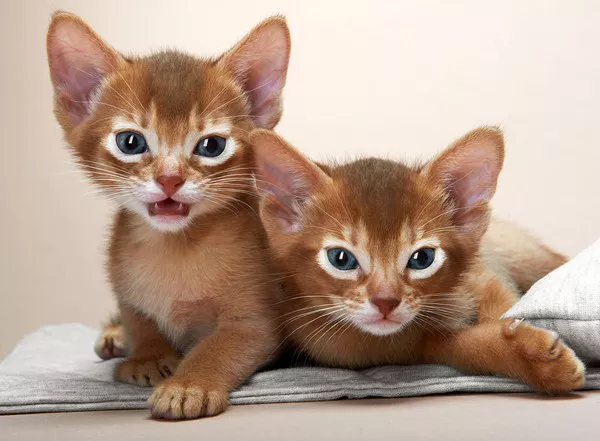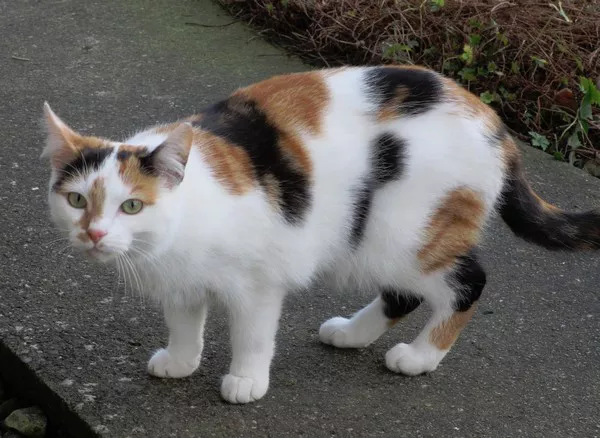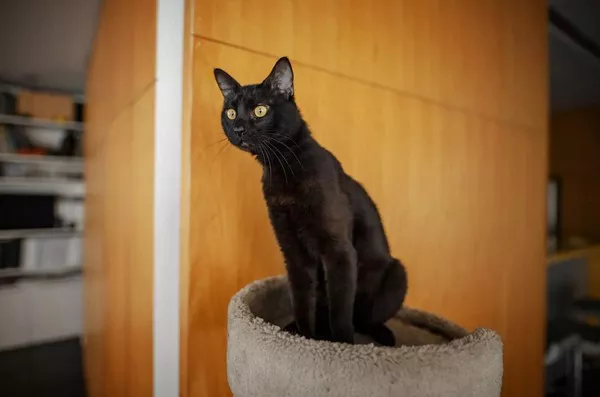Caring for your feline companion involves more than just providing a bowl of kibble and a cozy spot for napping. A well-balanced and nutritious diet is essential for your cat’s overall health, and sometimes, supplementing their diet with vitamins becomes necessary. As a responsible cat owner, understanding the best vitamins for cats and how to incorporate them into your kitty’s routine is crucial.
In this comprehensive guide, we explore the importance of vitamins in a cat’s diet, identify the key vitamins essential for feline health, and provide expert advice on supplementing your kitty’s diet to ensure optimal well-being.
Understanding the Role of Vitamins in a Cat’s Diet:
Vitamins are organic compounds that play crucial roles in various physiological functions, contributing to the overall health and well-being of your cat. While cats, like humans, can produce some vitamins internally, others must be obtained through their diet. These essential vitamins support processes such as immune function, energy metabolism, and the maintenance of healthy skin and coat.
A balanced and high-quality commercial cat food is designed to meet most of your cat’s nutritional needs. However, certain factors, such as age, health conditions, or specific dietary restrictions, may necessitate the supplementation of certain vitamins.
The 9 Best Vitamins for Cats:
1. Vitamin A:
Role: Essential for vision, immune function, and skin health.
Sources: Liver, fish oil, eggs, and fortified cat foods.
Considerations: Excessive vitamin A can be harmful, so it’s crucial to provide it within recommended levels.
2. Vitamin D:
Role: Facilitates calcium absorption for bone health.
Sources: Fish liver oil, fatty fish, egg yolks, and sunlight exposure.
Considerations: Cats can produce vitamin D through sunlight exposure, but supplements may be necessary, especially for indoor cats.
3. Vitamin E:
Role: Acts as an antioxidant, supporting immune function and skin health.
Sources: Sunflower seeds, almonds, spinach, and some commercial cat foods.
Considerations: Balancing vitamin E with other antioxidants is essential for optimal effectiveness.
4. Vitamin K:
Role: Crucial for blood clotting and bone metabolism.
Sources: Green leafy vegetables, fish, liver, and some cat foods.
Considerations: Cats usually produce sufficient vitamin K through their gut bacteria, but supplementation may be needed in certain cases.
5. Vitamin B1 (Thiamine):
Role: Supports energy metabolism and nerve function.
Sources: Fish, pork, liver, and whole grains.
Considerations: Thiamine deficiency is rare but can occur, especially in cats on a homemade diet.
6. Vitamin B2 (Riboflavin):
Role: Essential for energy production and maintaining healthy skin and coat.
Sources: Meat, dairy products, and some commercial cat foods.
Considerations: Most cat diets provide sufficient riboflavin, but supplementation may be necessary in certain cases.
7. Vitamin B3 (Niacin):
Role: Supports energy metabolism and overall skin health.
Sources: Meat, fish, and enriched cat foods.
Considerations: Cats can synthesize niacin from the amino acid tryptophan, but supplementation may be needed in specific situations.
8. Vitamin B5 (Pantothenic Acid):
Role: Important for energy metabolism and hormone production.
Sources: Meat, fish, whole grains, and some cat foods.
Considerations: Cats usually obtain sufficient pantothenic acid from a balanced diet.
9. Vitamin B6 (Pyridoxine):
Role: Supports amino acid metabolism and overall immune function.
Sources: Meat, fish, poultry, and some commercial cat foods.
Considerations: Cats usually receive adequate pyridoxine from a balanced diet.
Expert Advice for Supplementing Your Kitty’s Diet:
Consult Your Veterinarian:
Before introducing any vitamin supplements, consult with your veterinarian. They can assess your cat’s specific needs based on factors like age, health status, and existing diet.
Choose High-Quality Supplements:
Opt for cat-specific vitamin supplements from reputable brands. Ensure that the supplements are formulated to meet feline nutritional requirements without excess or harmful additives.
Consider Individual Needs:
Tailor vitamin supplementation to your cat’s individual needs. For instance, senior cats may benefit from joint-supportive vitamins, while kittens may require additional nutrients for growth.
Observe Changes and Adjust:
Monitor your cat’s response to vitamin supplements. If you notice any adverse effects or changes in behavior, consult your veterinarian. Adjust supplement dosages as needed.
Balance with a Nutrient-Rich Diet:
While supplements can address specific deficiencies, they should complement a balanced and nutrient-rich cat diet. High-quality commercial cat foods are formulated to meet most nutritional requirements.
Avoid Over-Supplementation:
Over-supplementing can be harmful and lead to imbalances. Stick to recommended dosages and avoid providing excessive amounts of vitamins, especially fat-soluble ones that can accumulate in the body.
Be Mindful of Homemade Diets:
If you feed your cat a homemade diet, work with a veterinary nutritionist to ensure it meets all nutritional needs. Homemade diets may require additional vitamin supplementation to prevent deficiencies.
Monitor for Changes in Health:
Regular veterinary check-ups are essential to monitor your cat’s overall health. Your veterinarian can assess whether any adjustments to the diet or supplements are necessary based on changes in your cat’s health status.
Consider Age-Appropriate Formulas:
Some cat vitamin supplements are formulated for specific life stages. Consider age-appropriate formulas to address the changing nutritional needs of kittens, adults, and seniors.
Conclusion:
Supplementing your cat’s diet with the right vitamins can contribute to their overall health and vitality. However, it’s crucial to approach supplementation thoughtfully, considering your cat’s individual needs and consulting with your veterinarian. With the right balance of a nutrient-rich diet and targeted vitamin supplementation, you can ensure that your feline friend enjoys a happy, healthy, and fulfilling life.


























